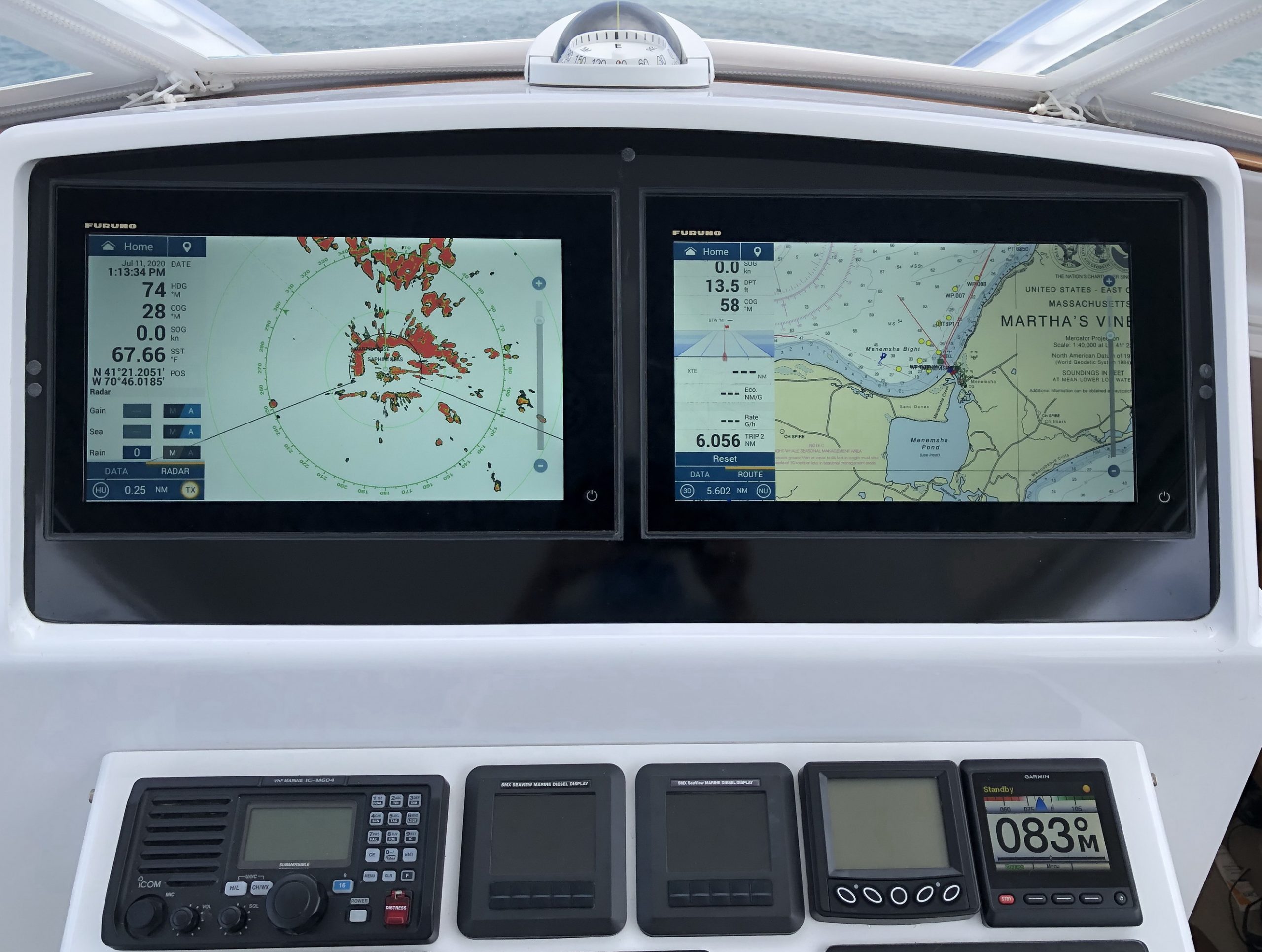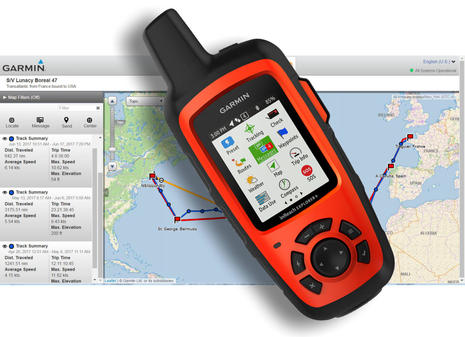Almost 2007, still time to catch the Cluetrain

I just had the disheartening experience of having the Web version of something I once wrote censured because one the electronics companies involved—or someone who thought they had that company’s best interest in mind—didn’t like it. I’m not going to go into the details, but the big magazines I write for were not involved, and what I wrote was A) hardly negative, unless you’re truly thin skinned, and B) truly reported, i.e. information and opinion that really came from the sources, dealer/installers, I referred to. At any rate, I suggested that the editor give copies of the Cluetrain Manifesto to every executive, PR person, or publisher who pressures him like this, because therein they might learn that ultimately they are hurting their own businesses.
I first came across Cluetrain in late 1999 when one of the authors, David Weinberger, spoke at a conference here. It turns out that the original site, including the whole book based on it, is still online. Some of the wording may be a bit obnoxious, especially if you’re corporate, but the ideas are not outdated. In fact, I think the Cluetrain concept becomes more self evident, and more powerful, every day:
Through the Internet, people are discovering and inventing new ways to share relevant knowledge with blinding speed. As a direct result, markets are getting smarter—and getting smarter faster than most companies. These markets are conversations. Their members communicate in language that is natural, open, honest, direct, funny and often shocking. Whether explaining or complaining, joking or serious, the human voice is unmistakably genuine. It can’t be faked.
Most corporations, on the other hand, only know how to talk in the soothing, humorless monotone of the mission statement, marketing brochure, and your-call-is-important-to-us busy signal. Same old tone, same old lies. No wonder networked markets have no respect for companies unable or unwilling to speak as they do. But learning to speak in a human voice is not some trick, nor will corporations convince us they are human with lip service about “listening to customers.” They will only sound human when they empower real human beings to speak on their behalf.













The Cluetrain concept is spot on with respect to consumer marketing. That said, until a majority of consumers (or some critical number a la “Tipping Point”) are web saavy, the corporate marketing guys (of which I used to be one) can still get away with treating their customers like they are stupid.
Obviously everyone reading this blog is very wired, but what percentage of the big corporate marine company’s customers are wired? Are we a niche, or mainstream?
There was a recent posting about the current relevance of Cluetrain. It’s worth reading at: http://mobileopportunity.blogspot.com/2006/11/cluetrain-manifesto-revisited.html
It also gives a good synopsis of what it was all about.
Ben – may 2007 bring you all the electronics wonders you’d normally drool about! Happy New Year!
…Jeff
My curiosity for the details is roused. Doesn’t Cluetrain say that to be effective, information should be shared among consumers so that they can arrive at an informed opinion? Just guessing but if it doesn’t say that – it should. Come on Ben, who was it?
Russ, Agreed that truly engaged and informed marine electronics consumers (like many Panbo readers) are the minority, but I also think that more and more boaters do some Google research before making major purchases.
Jeff, Thanks for a great link. But, Roger, sorry that’s not going to happen, because I don’t want to embarrass individuals. The content was trivial, really, and has been published elsewhere.
Happy New Year to all!